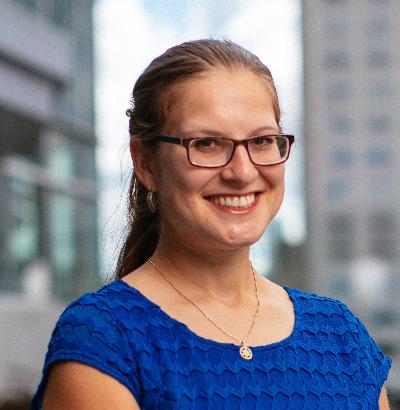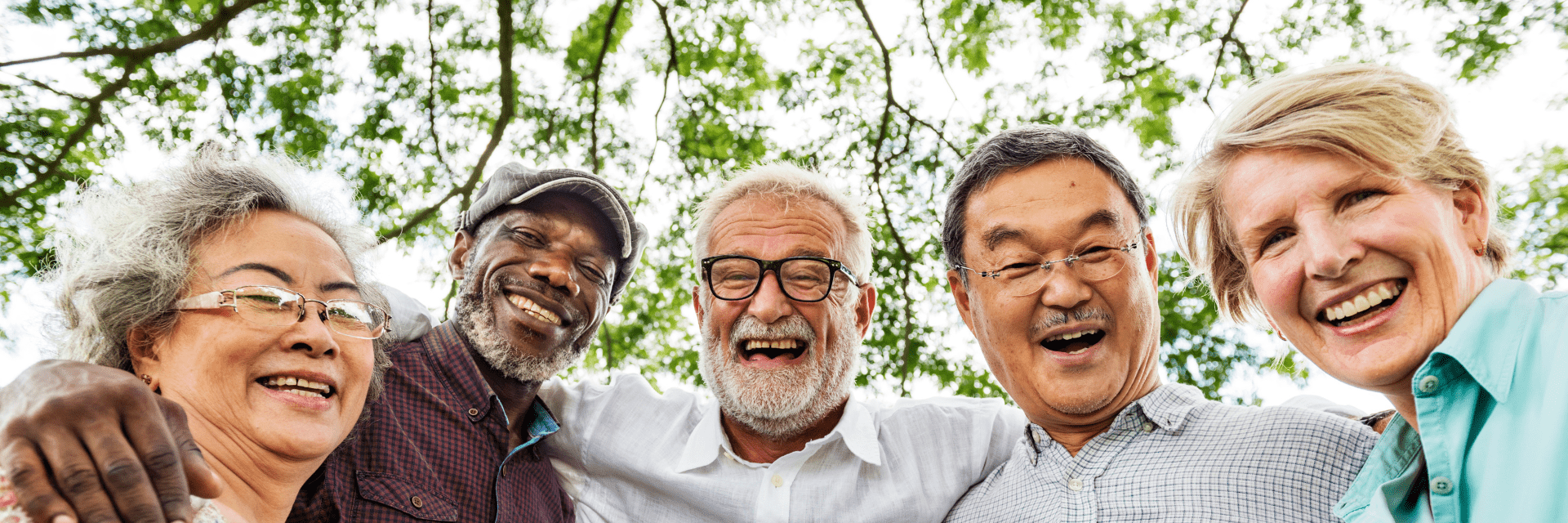
Center for Seniors Uniting Nationwide to Support Health, INtegrated care, and Economics, known as the Center for SUNSHINE, an interdisciplinary collaboration funded by the National Institute on Aging. Co-led by the University of Maryland School of Public Health and the University of Maryland, Baltimore, the Center for SUNSHINE will serve as a national hub for interdisciplinary research, training and real-world innovation to strengthen resilience in aging populations.
The center, outlined in a study in the American Journal of Geriatric Psychiatry, draws from 50 years of scholarship at UMD’s Center on Aging and the computational innovation and clinical partnerships enabled by the University of Maryland Institute for Health Computing.
Mission: The overarching mission of SUNSHINE is to advance aging resilience by integrating healthcare systems, public health organizations, social service agencies, and community-based resources to enhance the well-being of older adults and their care partners and maximize societal value.
SUNSHINE's Leadership - Principal Investigators

Jie Chen
Director, Center on Aging
Director, Center for SUNSHINE (Seniors Uniting Nationwide to Support Health, Integrated Care, and Economics)

Rozalina McCoy

Stephen B. Thomas
Director, Center for Health Equity
Research Areas
Healthcare Systems, Social Services, and Public Health Support
Social and Behavioral Factors of Health Across the Life Course
Cognitive and Behavioral Health
Population-Level Interventions and Resilience
News and Events

To improve health, build community resilience
Our new study examined community resilience and health and found that fewer healthcare resources, limited digital tools and weaker support systems link to poorer overall health for residents. LEARN MORE.

Data for Aging Research Panel Session
The panel session will take place from 12:20-2:00pm on Thursday (11/06/2025) at UMD School of Public Health Room 0116A. RSVP.

NIH funds first-of-its-kind center to study resilience and aging
UMD, UMB researchers and partners collaborate to tackle critical health issues facing an aging population. LEARN MORE.
“Our ultimate goal is happy, healthy and well-supported aging for everyone.”

Partnerships with SUNSHINE
- UM Institute for Health Computing
- UM Claude D. Pepper Older Americans Independence Center
- UM School of Medicine
- UM School of Pharmacy
- UMB Center for Research on Aging
- UMBC Erickson School of Aging Studies
- UMD Artificial Intelligence Interdisciplinary Institute at Maryland
- UMD College of Behavioral and Social Sciences
- UMD College of Information
- UMD Legacy Leadership Institute on Public Policy
- UMD School of Business
- UMD School of Engineering
- UMD School of Public Health
- Georgetown University
- Howard University
- Universities at Shady Grove
- Virginia Commonwealth Universities
- PATIENTS Program, UMB
- Maryland CRAB
- Maryland Extension
- Encore Creativity for Older Adults
- AARP

